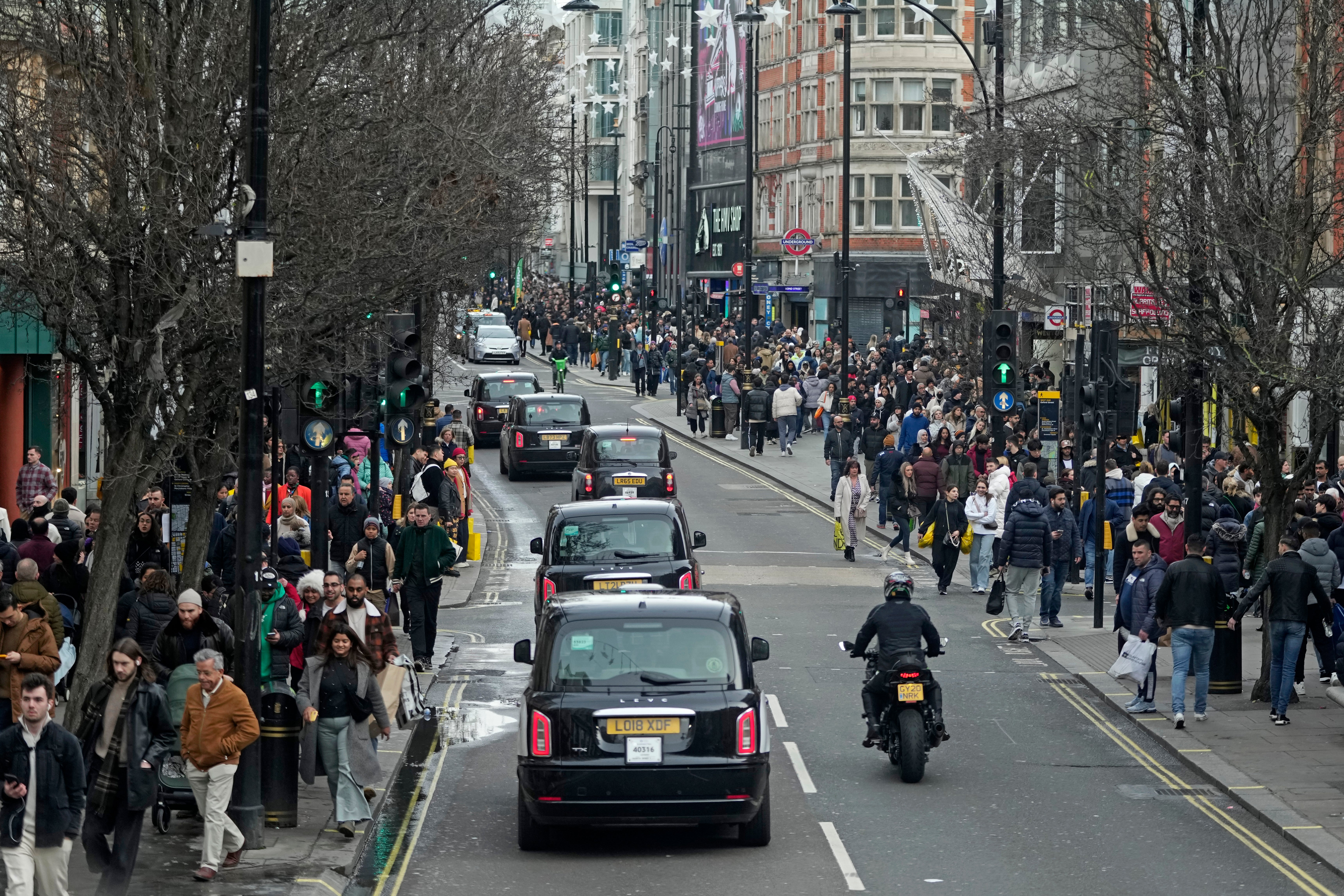Britain's unexpected inflation increase in December is unlikely to worry the Bank of England
Inflation across the United Kingdom increased unexpectedly last month as a result of a hike in tobacco and alcohol prices

Your support helps us to tell the story
From reproductive rights to climate change to Big Tech, The Independent is on the ground when the story is developing. Whether it's investigating the financials of Elon Musk's pro-Trump PAC or producing our latest documentary, 'The A Word', which shines a light on the American women fighting for reproductive rights, we know how important it is to parse out the facts from the messaging.
At such a critical moment in US history, we need reporters on the ground. Your donation allows us to keep sending journalists to speak to both sides of the story.
The Independent is trusted by Americans across the entire political spectrum. And unlike many other quality news outlets, we choose not to lock Americans out of our reporting and analysis with paywalls. We believe quality journalism should be available to everyone, paid for by those who can afford it.
Your support makes all the difference.Inflation across the United Kingdom increased unexpectedly last month as a result of sharp hikes in tobacco and alcohol prices, according to official figures released Wednesday.
Economists said it was unlikely to prompt concern at the Bank of England, which recently ended nearly two years of interest rate increases.
The Office for National Statistics said inflation, as measured by the consumer prices index, was 4% in December, up from 3.9% the month before, the first increase in 10 months.
Most economists had expected the rate to edge lower to 3.8%.
Despite the increase, inflation remains significantly lower at the end of 2023 than at the start of last year, when it stood above 10%.
The increase is unlikely to cause too much concern among rate-setters at the Bank of England as inflation is below where it expected it to be.
“This serves as reminder that bumps in the lower inflation road are inevitable, but does not change the big picture that price rises are coming in much lower than the Bank of England expected as recently as November,” said Lalitha Try, economist at the Resolution Foundation.
After the Bank of England in August left its main interest rate unchanged at a 15-year high of 5.25%, speculation mounted it could soon start cutting borrowing rates in light of recent sharp falls in inflation.
The Bank of England has managed to get inflation down from a four-decade high of more than 11%, but there's still a way to go to reach its target of 2%. But with food and energy prices trending lower, there are hopes it could meet the target this year, and start reducing interest rates.
Higher interest rates targeted a surge in inflation, first stoked by supply chain issues during the coronavirus pandemic and then Russia’s full-scale invasion of Ukraine, which pushed up food and energy costs.
While the interest rate increases have helped in the battle against inflation, the squeeze on consumer spending, primarily through higher mortgage rates, has weighed on the British economy, which is barely growing.
Whatever happens on the interest rate front in the coming months, it’s very likely that relatively high borrowing rates and low economic growth will be the backdrop for the general election, which has to take place within a year. That’s also a concern for the governing Conservative Party, which opinion polls say is way behind the main opposition Labour Party ahead of the vote.